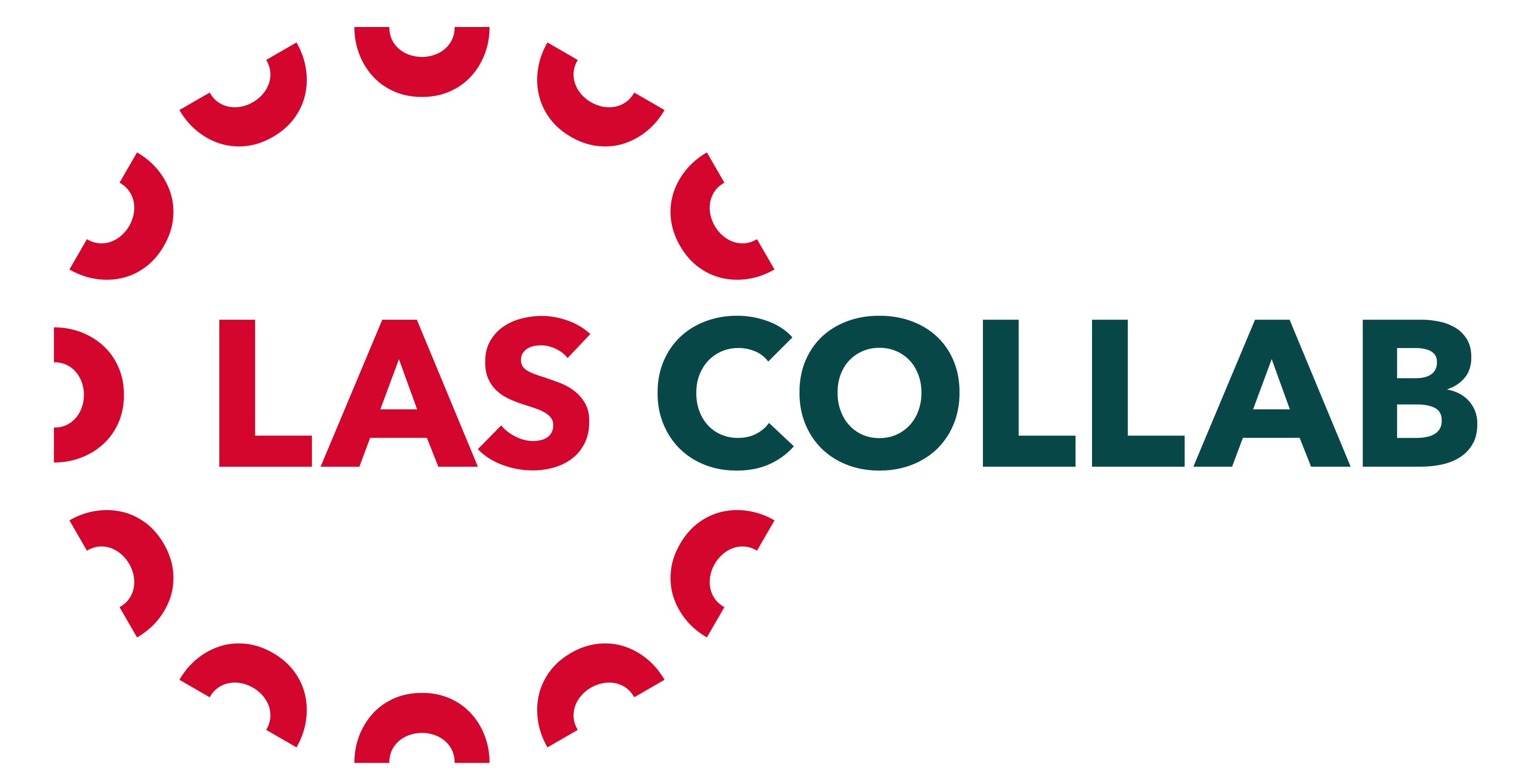From Accra’s Bustling Markets to Rural Communities Essential ghana news today shaping the nation’s f
- From Accra’s Bustling Markets to Rural Communities: Essential ghana news today shaping the nation’s future and connecting citizens.
- Economic Landscape and Financial Updates
- Political Developments and Governance
- Strengthening Democratic Institutions
- Social Issues and Community Impact
- Technological Advancements and Digital Transformation
From Accra’s Bustling Markets to Rural Communities: Essential ghana news today shaping the nation’s future and connecting citizens.
Ghana continues to be a nation undergoing significant transformation, and staying informed about current events is crucial for its citizens and those following its progress. From economic developments and political shifts to social changes and cultural happenings, ghana news today provides a vital link to understanding the complexities of this West African country. Access to reliable information empowers individuals to participate actively in democratic processes, make informed decisions, and contribute to the nation’s growth. This article delves into the key areas shaping Ghana’s narrative, offering a comprehensive overview of the recent developments impacting communities across the country.
Economic Landscape and Financial Updates
Ghana’s economy is a complex interplay of agriculture, industry, and services. Recent reports indicate fluctuations in commodity prices, particularly cocoa, a primary export, are impacting revenue streams. Government initiatives focused on diversification, promoting local industries, and attracting foreign investment are underway, but face challenges related to infrastructure development and bureaucratic processes. The current inflation rate remains a key concern, and the Bank of Ghana is employing various monetary policies to stabilize the cedi and control price increases. Understanding these economic forces is essential for businesses and individuals alike.
Here’s a snapshot of key economic indicators:
| Inflation Rate | 41.2% | 40.9% |
| GDP Growth Rate | 3.6% | 3.5% |
| Cedi Exchange Rate (USD) | 12.5 GHS | 12.2 GHS |
| Cocoa Prices (per tonne) | $3,800 | $3,750 |
Political Developments and Governance
Ghana’s political scene is characterized by a multi-party system, with the New Patriotic Party (NPP) currently holding power. Recent debates have centered on electoral reforms, ensuring free and fair elections, and addressing concerns about political polarization. The government is focused on strengthening institutions, promoting transparency, and combating corruption. Public discourse also revolves around constitutional amendments, particularly concerning local governance and the role of traditional authorities. There’s a growing demand for greater accountability from elected officials.
Strengthening Democratic Institutions
A robust democracy necessitates strong, independent institutions. Ongoing efforts to bolster the judiciary, the Electoral Commission, and anti-corruption agencies are vital for maintaining public trust and upholding the rule of law. However, challenges persist in securing financial independence for these institutions and protecting them from undue political influence. Capacity building programmes and increased public awareness campaigns are crucial steps in fostering a more resilient democratic system. Furthermore, the role of civil society organizations in monitoring governmental actions and advocating for citizen rights cannot be overstated.
Several key bills are currently under consideration by Parliament, aiming to improve governance and accountability. These include legislation aimed at strengthening whistleblower protection, enhancing access to information, and regulating campaign finance. The debate surrounding these bills highlights the tensions between promoting transparency and protecting individual privacy. It also underscores the importance of inclusive dialogue and consensus-building in the legislative process. The outcome of these debates will be instrumental in shaping the future of democratic governance in Ghana.
Effective governance also depends on devolving power and resources to local authorities. Strengthening local assemblies and empowering them to effectively respond to the needs of their communities is an important component of decentralization. This requires providing adequate funding, building capacity within local governance structures, and promoting greater citizen participation in local decision-making.
Social Issues and Community Impact
Ghana faces numerous social challenges, including poverty, unemployment, and limited access to quality healthcare and education. The government is implementing programs to address these issues, such as the Free Senior High School policy and initiatives to promote entrepreneurship. Despite these efforts, disparities persist between urban and rural areas, and access to opportunities remains unequal. Addressing these social gaps is crucial for ensuring inclusive growth and improving the well-being of all Ghanaians.
Here are some key areas requiring attention:
- Healthcare Access: Expanding healthcare infrastructure and ensuring affordable healthcare for all citizens.
- Education Quality: Improving the quality of education at all levels, with a focus on STEM subjects and vocational training.
- Youth Unemployment: Creating job opportunities for young people through skills development programs and entrepreneurship support.
- Rural Development: Investing in infrastructure and services in rural areas to reduce regional disparities.
Technological Advancements and Digital Transformation
Ghana is experiencing a rapid expansion in its digital infrastructure, with increased internet penetration and mobile phone usage. This is driving innovation in various sectors, including finance, agriculture, and healthcare. The government is promoting digital literacy and investing in technology hubs to foster a thriving startup ecosystem. However, challenges remain in bridging the digital divide and ensuring cybersecurity. Addressing these challenges is critical for harnessing the full potential of digital technologies.
Considerations for digital advancement:
- Infrastructure development: Continued investment in broadband infrastructure, particularly in rural areas, is crucial.
- Digital literacy: Programs to enhance digital skills among the population are essential.
- Cybersecurity: Strengthening cybersecurity measures to protect data and prevent cybercrime.
- Regulatory framework: Developing a clear and supportive regulatory environment for digital innovation.
| Finance | Mobile Money (MoMo) | Increased financial inclusion, access to credit |
| Agriculture | Precision Farming | Improved crop yields, efficient resource management |
| Healthcare | Telemedicine | Remote consultations, improved access to healthcare |
| Education | E-Learning | Expanded access to educational resources |
These developments signify a period of dynamic evolution for Ghana, demanding an informed citizenry capable of navigating these changes and contributing to a prosperous future. Examining the interplay between its economic strategies, its political landscape, its social progress and its digital advancements will enable a more holistic understanding of the nation’s direction and ongoing development.
